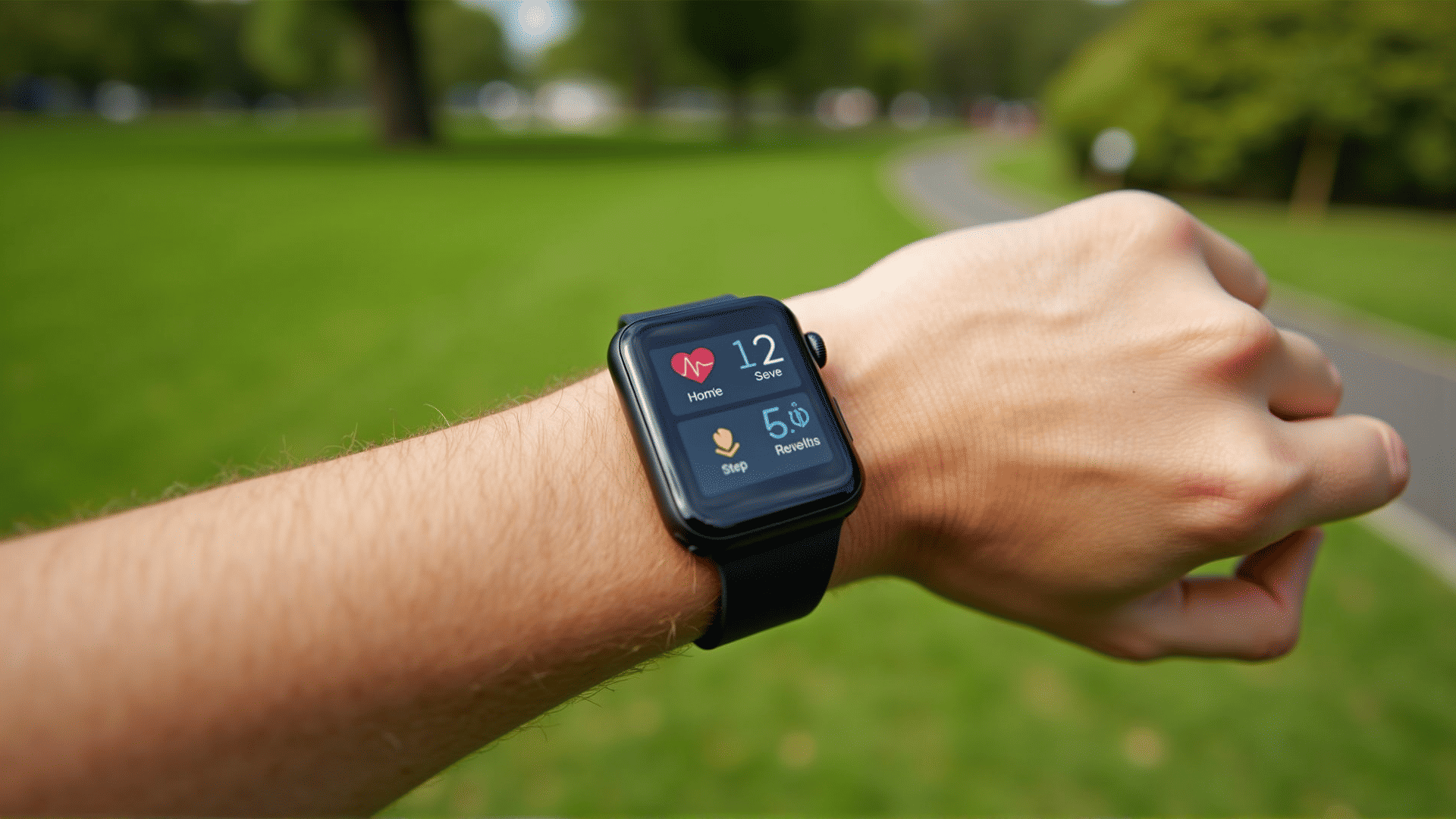In today's fast-paced world, maintaining a healthy lifestyle can be a challenging endeavor. Many of us juggle multiple responsibilities and face countless distractions, making it difficult to prioritize our health. However, advancements in personal health analytics offer a beacon of hope. By leveraging technology to track and analyze health metrics, individuals can gain valuable insights into their well-being and take actionable steps toward a healthier lifestyle.
At the core of personal health analytics lies the power of data. With wearable devices like fitness trackers and smartwatches becoming more prevalent, collecting data on physical activity, heart rate, sleep patterns, and more has never been easier. These devices serve as a portal into our daily habits, capturing real-time data that can be analyzed to reveal patterns and trends in our health.
One of the most significant advantages of personal health analytics is the ability to personalize the data. Generic health advice may not always be applicable to everyone due to our unique physical and genetic makeup. Personalized data analytics allows for the customization of health recommendations based on individual metrics. For example, two people with different fitness levels will have varying optimal heart rate zones when exercising. With personal health analytics, each person can receive tailored advice to maximize their workout effectiveness.
Moreover, tracking health metrics over time enables individuals to set realistic goals and monitor progress. Whether the objective is to lose weight, increase physical activity, or improve sleep quality, having concrete data allows for the measurement of success. Users can identify areas for improvement and adjust their habits accordingly. This evidence-based approach fosters motivation and accountability, empowering individuals to stay committed to their health goals.
In addition to physical health, personal health analytics can also enhance mental well-being. Tracking stress levels, meditation routines, or daily mood can provide insights into emotional health. By understanding these metrics, individuals can implement strategies to manage stress effectively, promote relaxation, and improve overall mental clarity. This comprehensive approach emphasizes holistic well-being, recognizing the interconnectedness of physical and mental health.
Furthermore, personal health analytics can foster collaborative healthcare. The ability to share precise health data with healthcare professionals can lead to more informed medical decisions. Physicians can access a wealth of continuous data that goes beyond the snapshot provided by a periodic check-up. This real-time information equips healthcare providers with a clearer picture of a patient’s condition, enabling proactive interventions and personalized treatment plans.
Privacy and data security are paramount concerns when dealing with personal health analytics. Users must ensure that their data is stored securely and shared only with trusted sources. Educating individuals on how to protect their information is crucial, as is the responsibility of service providers to adhere to stringent data protection standards.
In conclusion, personal health analytics is revolutionizing the way we approach our health. By harnessing the power of personalized data, individuals can gain a deeper understanding of their unique health profiles and take control of their well-being. From setting realistic fitness goals to enhancing mental clarity, the insights provided by health analytics empower individuals to cultivate a healthier, more fulfilling lifestyle. As technology continues to evolve, the potential of personal health analytics to transform lives will only grow, helping us pave the way towards a healthier future.
